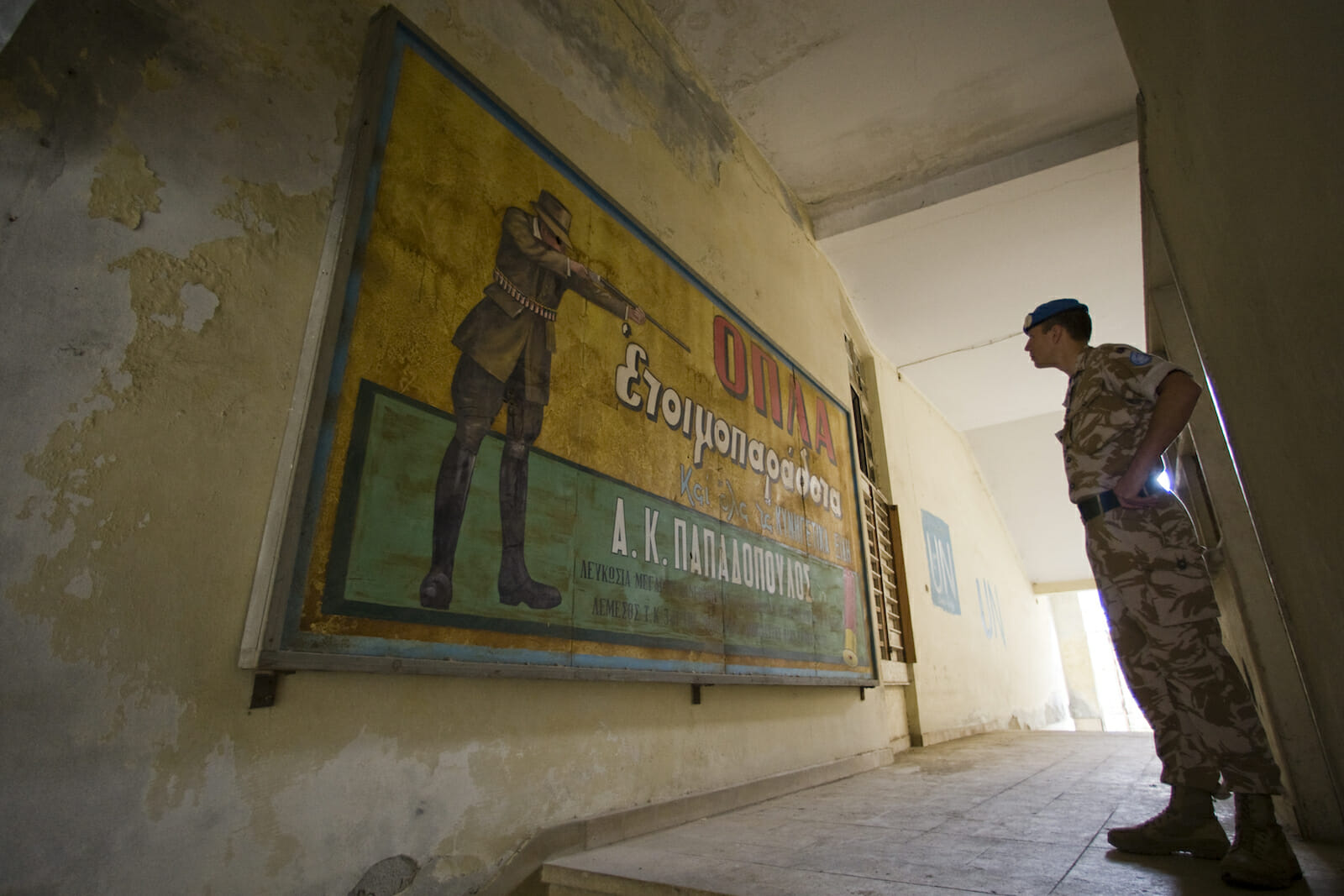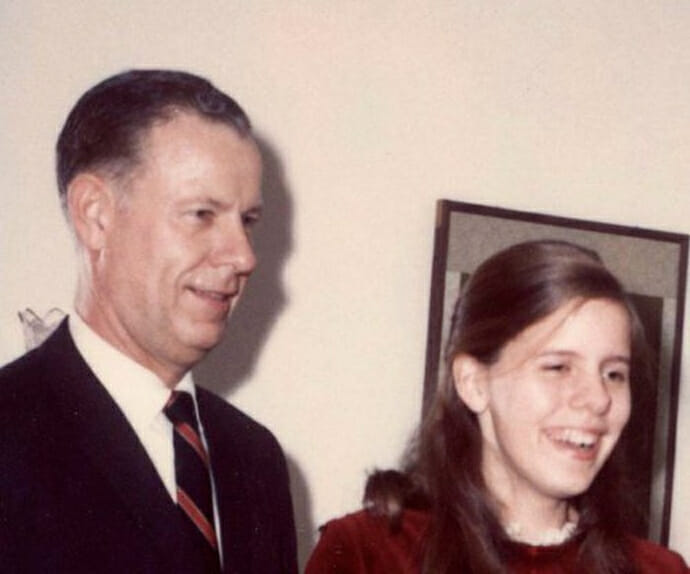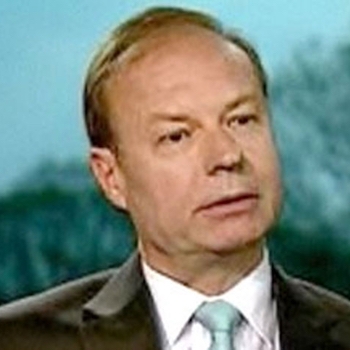
Remembering Ambassador Rodger Davies
“[Ambassador] Rodger Davies embodied the qualities and spirit which mark an American. He chose an unusual profession, a profession which required that to serve his country he leave his home but never forget it.” – Secretary of State Henry Kissinger, August 21, 1974
On July 10, 1974, Ambassador Rodger Davies, the newly appointed U.S. Ambassador to Cyprus, presented his credentials in Nicosia. He arrived on the small island at a tumultuous time with the ambitious goal of fostering a fair, long-term peace agreement between Turkish Cypriots and Greek Cypriots. Six weeks later, on August 19, 1974, Amb. Davies was assassinated. A sniper from 100 yards away shot him in the chest as he tried to keep his staff safe during a violent rally outside the embassy. The sniper was a member of the Greek Cypriot paramilitary group, EOKA-B, responsible for the coup d’état that overthrew the government just one month before.
Some thirty-eight years later, the same cultural and political tensions that led to the assassination of Amb. Davies, and prompted the arrival of Turkish peacekeeping troops to continue to divide the island to the detriment of its people, its national security, its financial stability, and its future economic opportunities.
The history of this discord holds the key to reuniting the two faces of Cyprus and commencing a new era of peaceful co-existence. 1963 marked a pivotal year in the history of this dispute. Up until this point the Republic of Cyprus had been a peaceful partnership state with political power divided proportionally between the Greek Cypriots and Turkish Cypriots.
However, the situation rapidly devolved when Greek Cypriot members of the government abolished the constitution’s articles that protected the governing rights of the Turkish Cypriots who were subsequently forced to withdraw from the government. Since this time the Government of the Republic of Cyprus has remained the only internationally recognized authority in the bicommunal state.

Cyprus became further destabilized and in 1964 a UN Peacekeeping Force arrived to prevent further bloodshed and protect the Turkish Cypriots. Newspapers at the time, including the Washington Post and the Christian Science Monitor, documenting the plight of the Turkish Cypriot peoples reported that they were subjected to extreme violence. Amidst this disorder, the leader of the UN Peacekeeping Force, Major-General Peter Young, drew the island’s first “Green Line,” a demilitarized buffer zone. The Green Line divided the once open island into a northern Turkish Cyprus and a southern Greek Cyprus.
In 1974 Amb. Davies could not have foreseen that five days after his arrival in Cyprus the EOKA-B, would launch a bloody coup overthrowing President and Archbishop Makarios III and installing in his place the more hardline Nikos Sampson. Six weeks later, EOKA-B would strike again, this time taking the life of a revered international peacekeeper.
Over the past 30 years, the United Nations and various international partners have tried in vain to unite the island and create a long-term governing structure that protects the rights of both ethnic communities. In 2004, then-UN Secretary General Kofi Annan proposed a comprehensive plan to break the stalemate and facilitate a political partnership between the two communities. The plan was finalized after dozens of meetings and summits with heads of state, diplomats, and international bodies. When put to the Cypriot citizens for a vote, the Turkish Cypriot population voted “yes” and the Greek Cypriots overwhelmingly voted against it.
Recent UN-sponsored peace talks initiated in 2008 have not made much progress, essentially reaching a stalemate, hampered by the vote four years ago. The Republic of Cyprus (Southern Cyprus) is now the President of the European Union. Yet, due to an embargo established by the Republic of Cyprus, the benefits of EU membership have not inured at all to the benefit of the people in the North, primarily because Greek Cypriots take the position that, for all intents and purposes, Northern Cyprus and its peoples do not exist.
On the anniversary of Amb. Davies assassination on August 19th, Turkish Cypriots remain steadfast in their support of a plan to unify the island. Right now Southern Cyprus has an unprecedented opportunity to encourage the Greek Cypriots to become active and willing participants in international unification negotiations. Hope for the future of Cyprus, and an end to the longstanding conflict, will only be achieved through examination of the country’s history, and by remembering those such as Ambassador Davies, who wanted nothing more than for the country to succeed.
